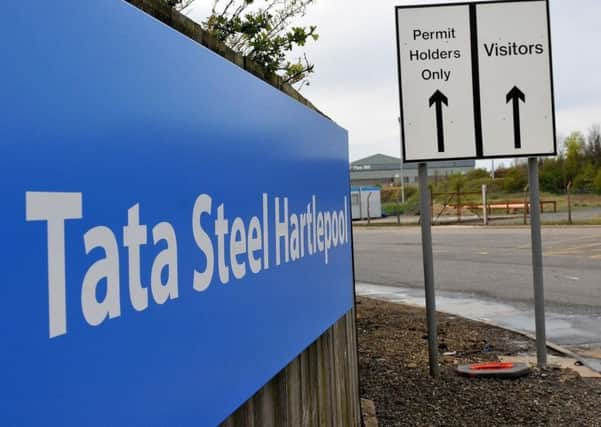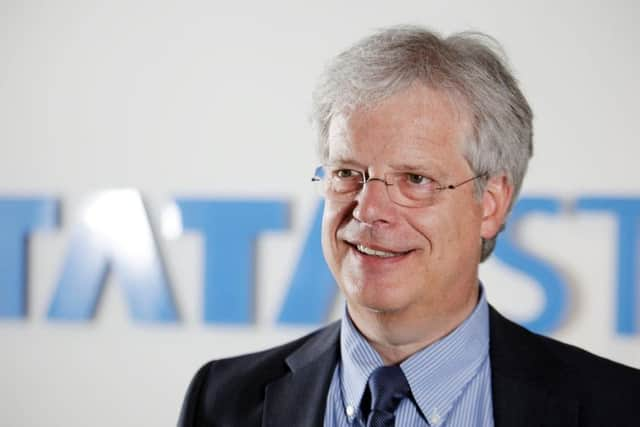Tata back in the black as pensions vote goes on


The Indian conglomerate, which has a mill in Hartlepool, has announced earnings before interest, tax, depreciation and amortisation (EBITDA) of £74million in the three months to the end of the year.
Although the figure was down on the previous three months, it was a significant improvement on the same period last year, when the firm made a loss.
Advertisement
Hide AdAdvertisement
Hide Ad

Hans Fischer, MD and CEO of Tata Steel in Europe, said: “Our European strategy continues to be focused on developing differentiated products and services which improve our customers’ competitiveness.
“This helped us to achieve an EBITDA in the third quarter of £74million though this was lower than the sequential quarter due to higher raw material and energy costs.
“Our third-quarter EBITDA result was significantly better than the loss recorded in the previous year partly due to better market conditions and the weakness of the pound relative to the Euro.”
Thousands of steelworkers, including those at the Hartlepool plant, are currently voting on whether to accept reforms to their pensions which will determine the future of Tata’s UK operations.
Advertisement
Hide AdAdvertisement
Hide Ad

The changes include the introduction of a defined contribution pension scheme, with maximum employer contributions of 10%, after the closure of the British Steel Pension Scheme (BSPS) to future contributions.
Leaders of three trade unions are recommending acceptance of the changes as the best that can be achieved through negotiation.
The unions say their independent legal and pension advisers, as well as the BSPS Trustees, have advised the scheme has to close to future contributions because it is heading for the Pension Protection Fund and the company into insolvency.
The company intends to close the scheme on March 31 and introduce a defined contribution scheme with maximum employer contributions of 10%, based on employee contributions of 6%.
The original proposal was to bring in a scheme with contributions of 3% from both the firm and staff.